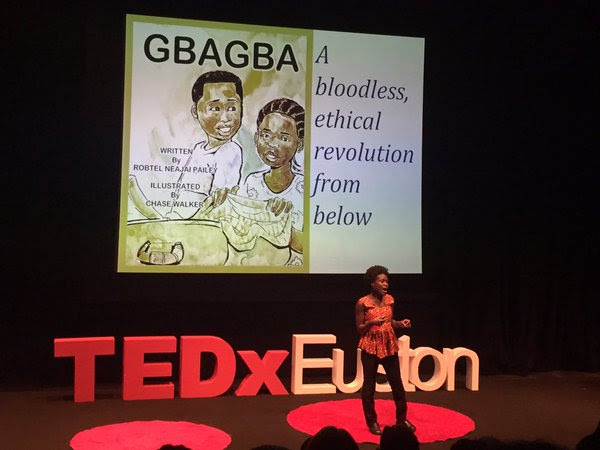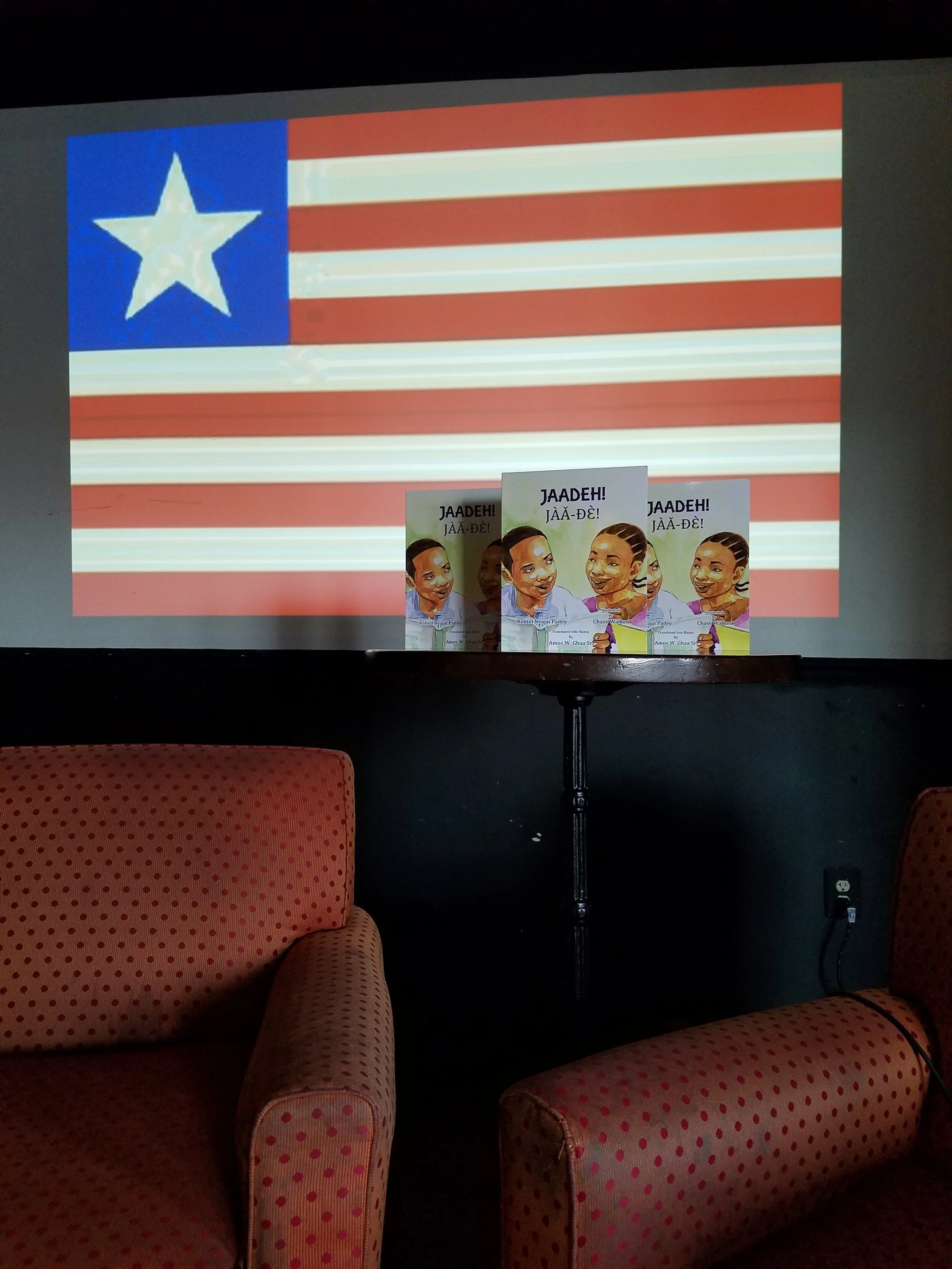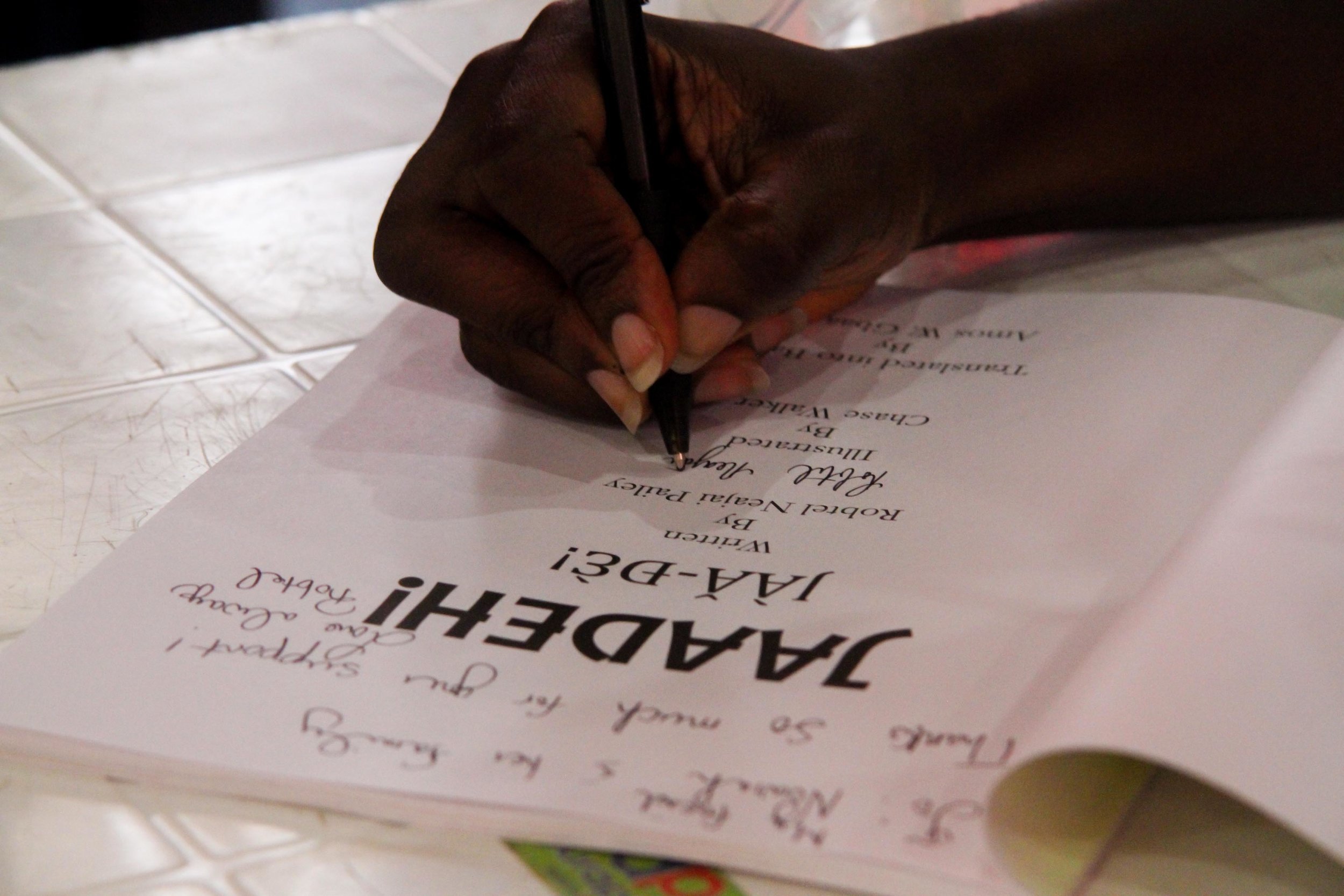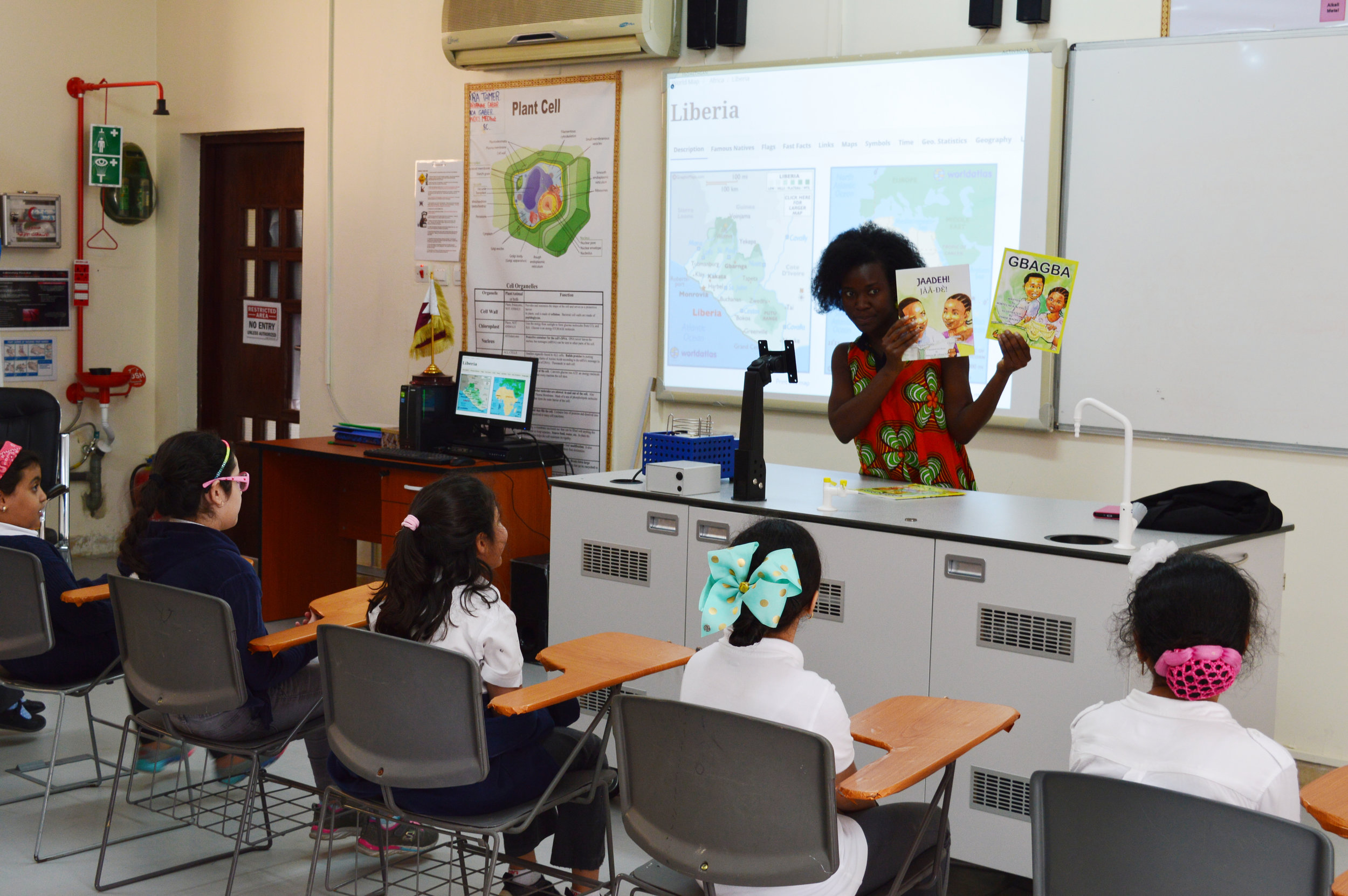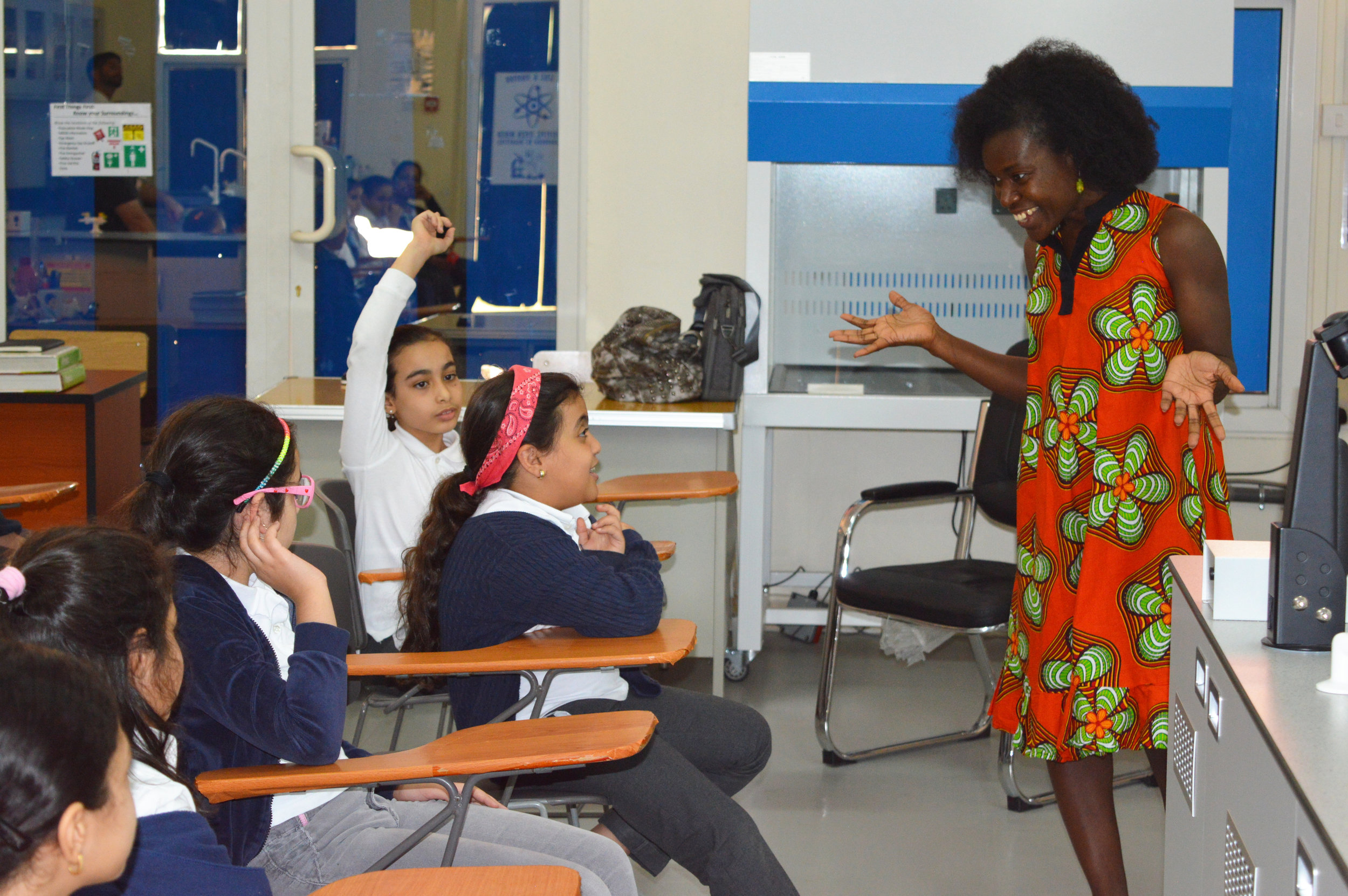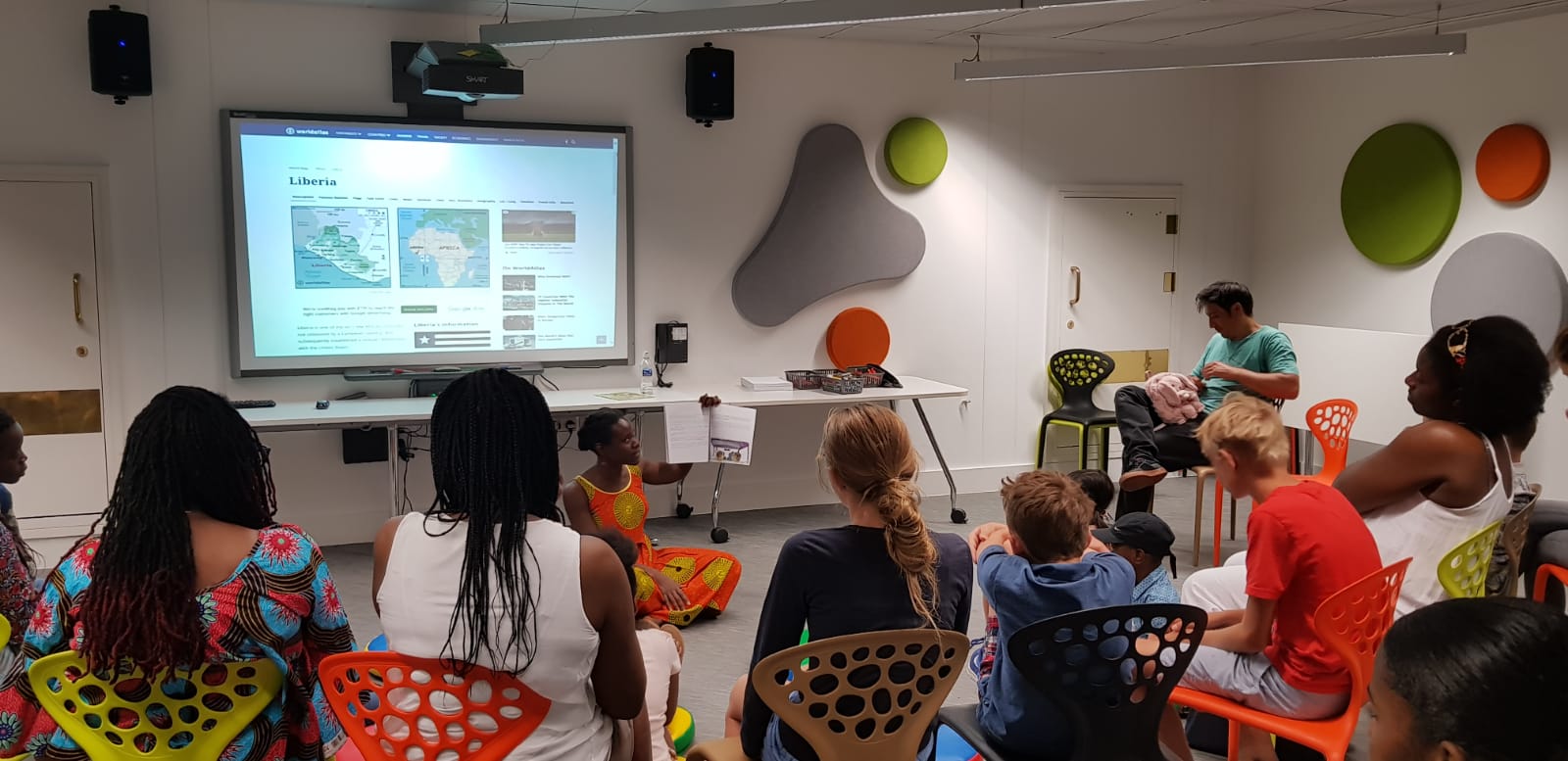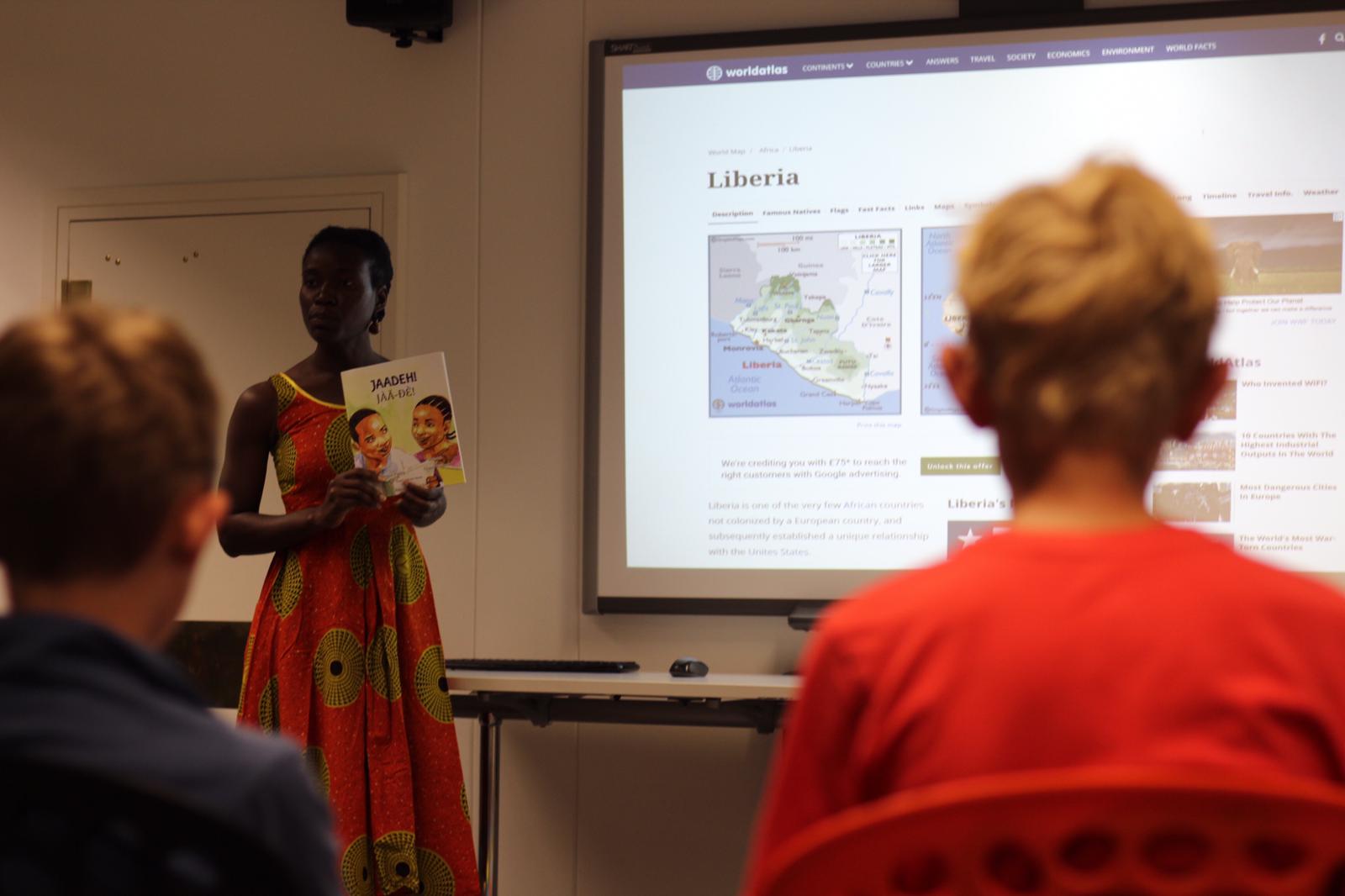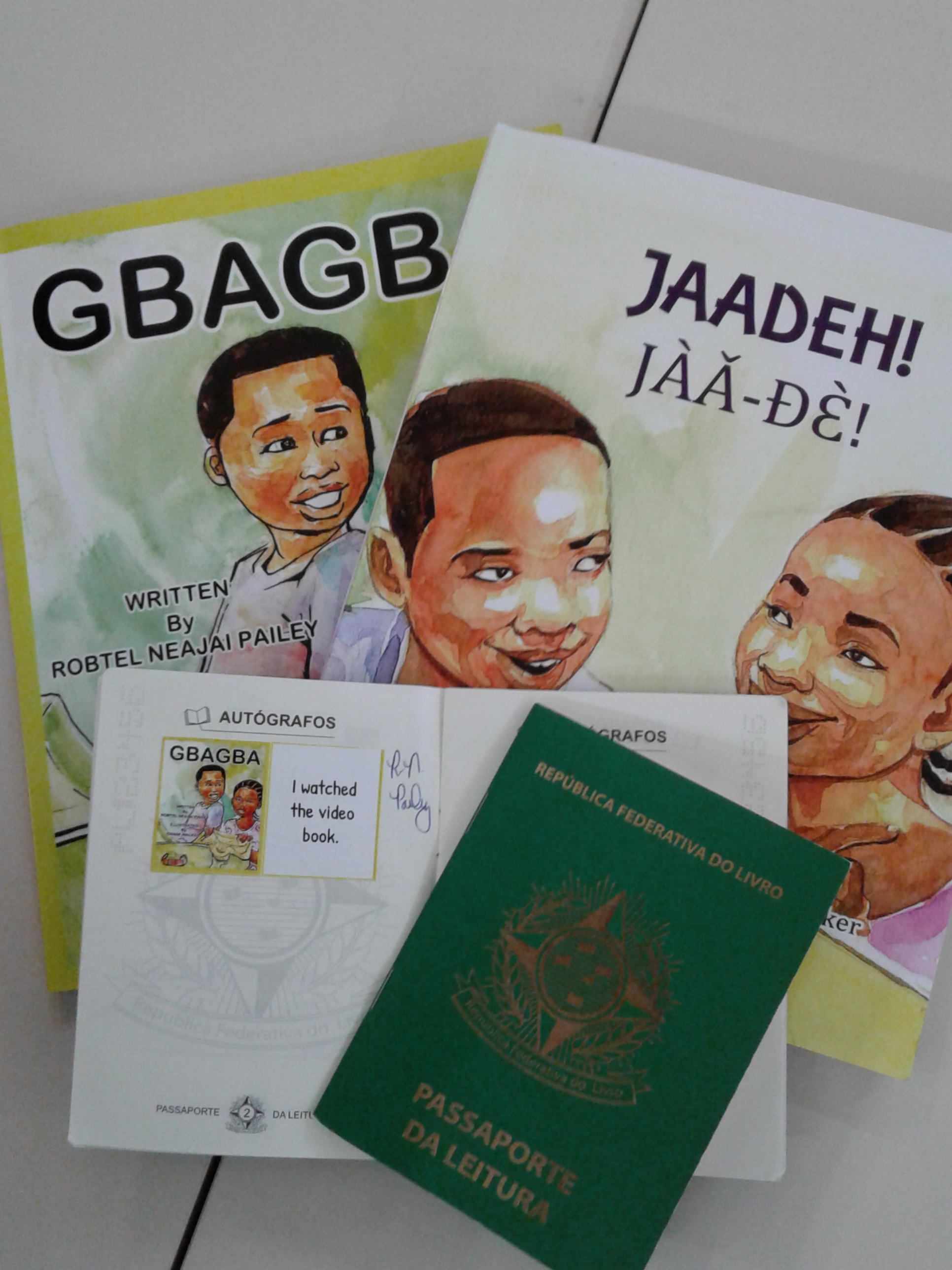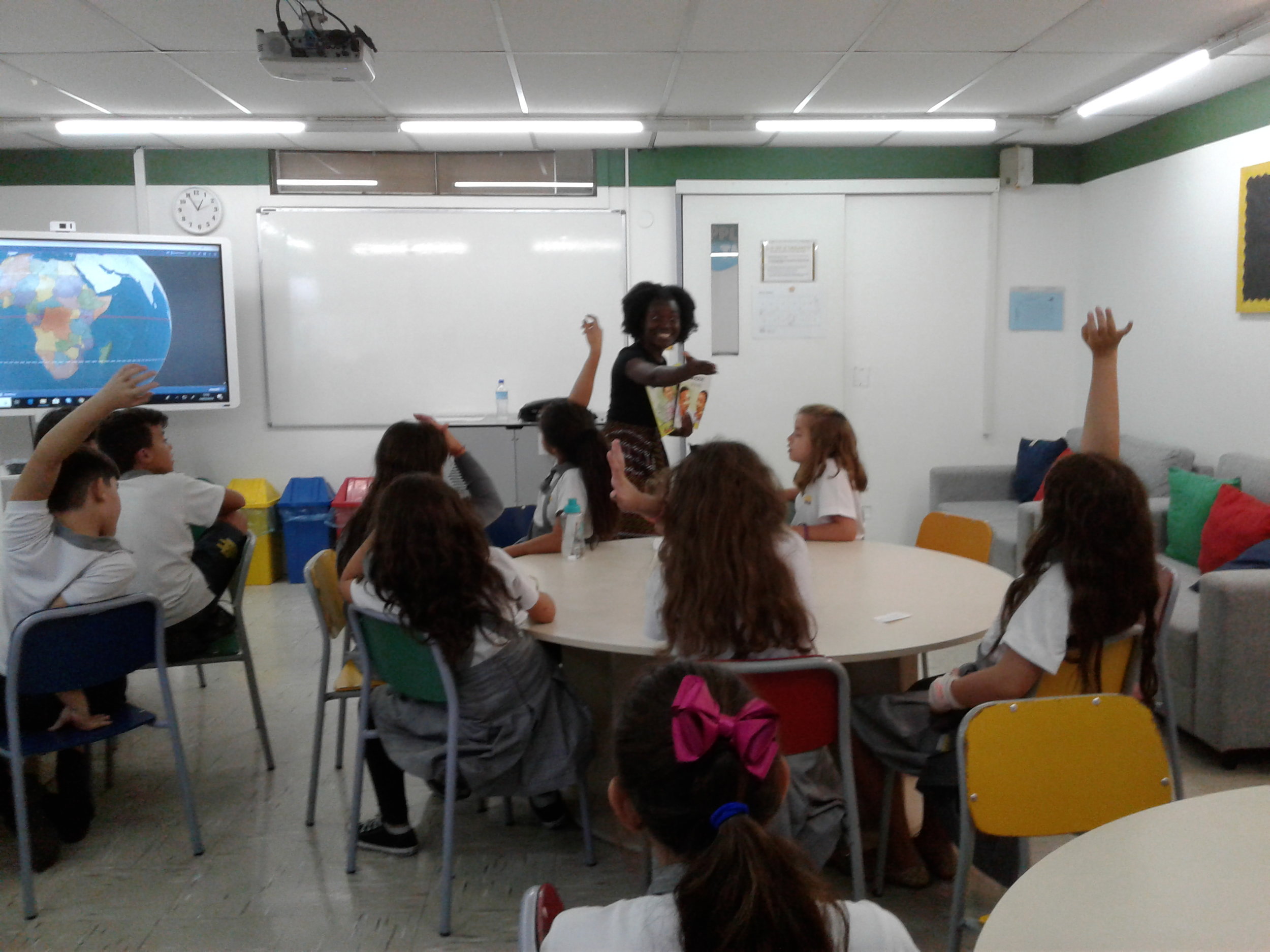Presenter: 'Libya Post-2011: The Consequences of Foreign Military Intervention in a Migration Hub', International Centre for Migration Policy Development (ICMPD) Libya Project, Academia Conference on Promoting Knowledge for Evidence-Based Sustainable Migration Governance in Libya: The Mediterranean Perspective, 1st Discussion Session on 'The Geo-political Context of Migration in Libya and in Its Neighbourhoods' (June 25, 2018), Tunis, Tunisia.
ABSTRACT: Long before NATO’s military intervention in 2011 leading to the ouster of Muammar Gaddafi, Libya served as a major destination for intra-Africa migration. In the 1990s, it became a centre of revolutionary zeal and economic growth for sub-Saharan migrants, primarily due to its growing isolation from the West following the Lockerbie bombing over Scotland in 1988. On the one hand, Libya hosted and trained migrant mercenaries from countries such as Burkina Faso, Liberia and Sierra Leone in West Africa, thereby fuelling political crises in these locales and creating spillover migration effects regionally. On the other hand, Libya served as a pole of prosperity for labour migrants from Central African countries such as Chad, thereby creating remittance channels to stem household poverty in these locales. Gadaffi’s pro-Africa political stances (manifested in African guest worker programmes, visa exemptions for African nationals, etc), transformed Libya into a pan-Africanist haven. Desperate to realign with Europe in exchange for sanctions withdrawal in the early 2000s, however, Libya collaborated with Western countries in joint-border control measures to restrict the movement of Africans by subjecting them to harassment, physical assault, and arbitrary detention. This, coupled with post-2011 revolution violence and instability, has fuelled the so-called ‘migration crisis’ across the Mediterranean.
This presentation will highlight how external military interventions in the internal political affairs of migration hubs such as Libya can create negative unintended consequences for domestic citizens, migrants and their families, regional neighbours, and international actors spearheading intervention efforts. It demonstrates how military interventions in countries of destination can ultimately reap disastrous results, especially if non-regional actors disregard the advice of regional institutions such as the African Union, which advocated for a more political solution to the domestic Libyan crisis. The presentation draws lessons from empirical data collected for the European Union-funded Migrants in Countries in Crisis (MICIC) research component examining crises in Libya, Côte d’Ivoire, and Central African Republic, amongst other case studies.
External Link: https://www.icmpd.org/news-centre/events/calendar-detail/?no_cache=1&tx_calender_pi2%5Bentry%5D=1264
